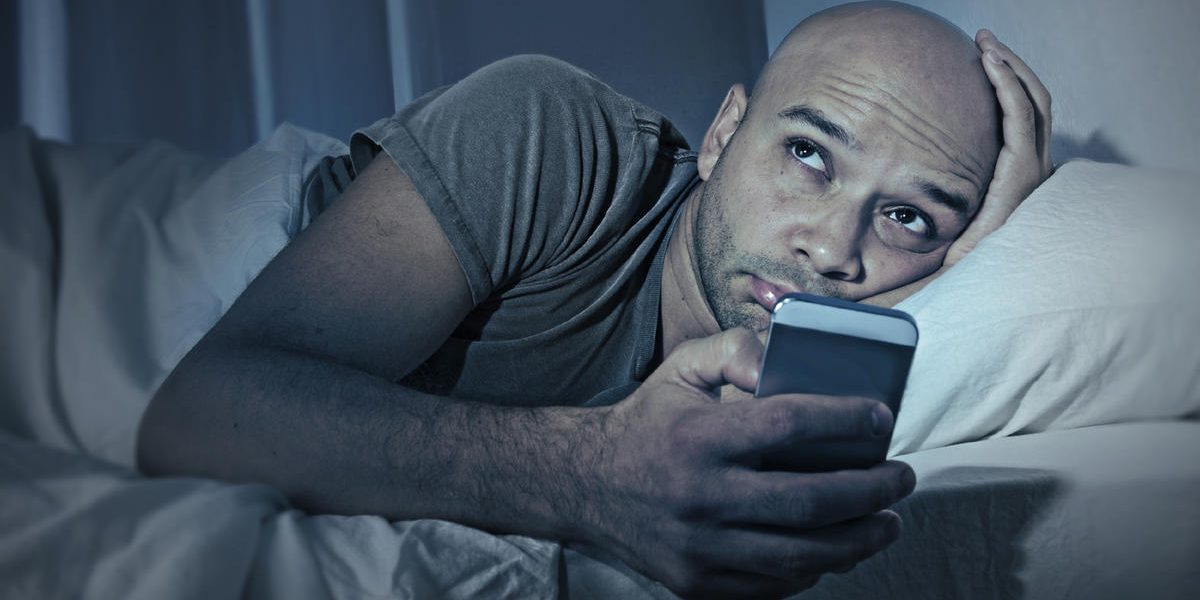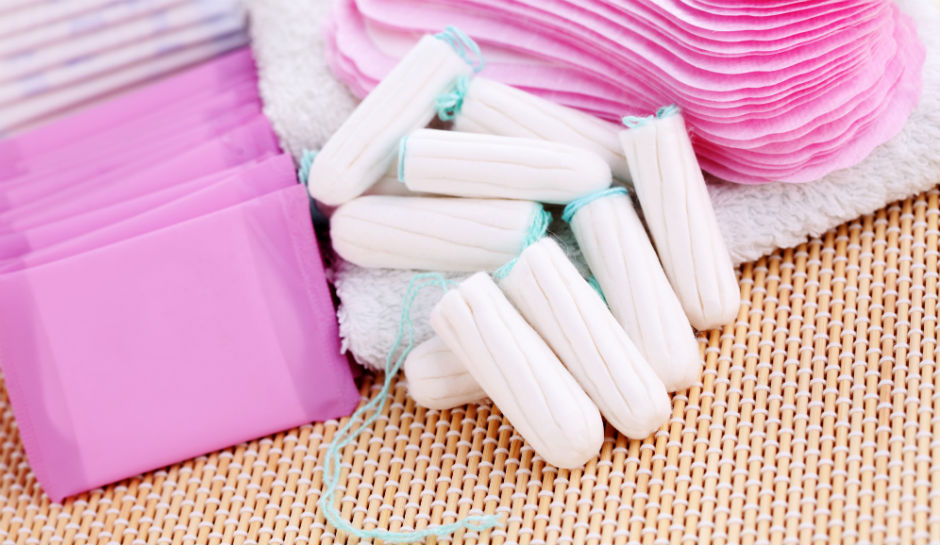There’s not a night that my phone does not stop buzzing. My girlfriend wants to know how I am, my fellow Cal students continue to send SnapChats that they’ll soon regret, and the list goes on. These and other signals bug me to pick up my phone, and rarely do I stop until it’s 3.30 or later. I’m no exception, and anyone who’s been to Berkeley knows that we Cal Bears rule day in and out. Unlike our twilight selves, we are swamped during the day, getting from one class to tabling on Sproul and to all of our other commitments.
Our nighttime lives seem to provide an unstructuredness we all crave, a “me” time. Texting our friends at our whim, partying till we are knocked out, and other late night endeavors are more about regaining a sense of control and freedom that Berkeley’s pressure cooker-like academics make so elusive. But these late night habits are counterproductive. One of our twilight pastimes—cell phones—affects the body in terrible ways.
Most people are by now familiar with how cell phones negatively affect one’s circadian rhythm. The extent to which it does is ghastly. Compared to the typical fluorescent light bulb of desk lamps, cell phones emit much more blue light and can extend the circadian rhythm by twice as much, resetting it as far as six hours. A quick glance at that bugging screen disrupts melatonin production significantly enough to trick our minds into switching forward to daytime mode and to make falling asleep much more difficult.
This loss of sleep entails many difficulties, such as decreased concentration and reduced memory consolidation. Both may make studying a harder and more time-consuming effort. Not to mention, lack of sleep leaves us more irritable and moody. Even though cell phones and a nightlife have become staples of college life, there are certain changes that should be made to the benefit of one’s overall well-being.
A half-hour before bed, I suggest, store your cellphone in a drawer to minimize exposure to its harmful blue light. A regular clock functions as a great alarm and is very inexpensive. This half-hour is a good time to meditate, read, and self-reflect, relaxing activities that are difficult in the rush-and-go environment of the campus. A relaxing nightly ritual prepares the body for sleep and serves as a shut-off signal to your mind.
After enacting these changes, your bed may surprisingly start to feel like a sanctuary, a place to return to with relief from all the stressors of being a Cal student. Not to mention, improving your sleep hygiene may sharpen your focus and thus, provide more time for other (more enjoyable) activities.
I’ve made these improvements to my sleep hygiene and couldn’t be happier. I’m now in a better position to enjoy life and have a much greater sense of control. My hope is that other college students enact similar (and surprisingly easy!) adjustments to their sleep habits. Your daytime selves will never thank you enough!
Article by Abhishek Dalal
Feature Image Source: CBS News
























